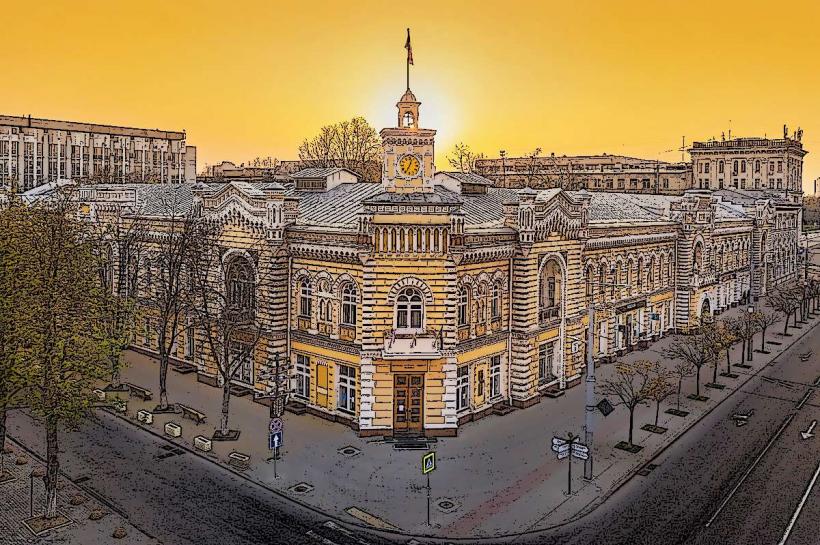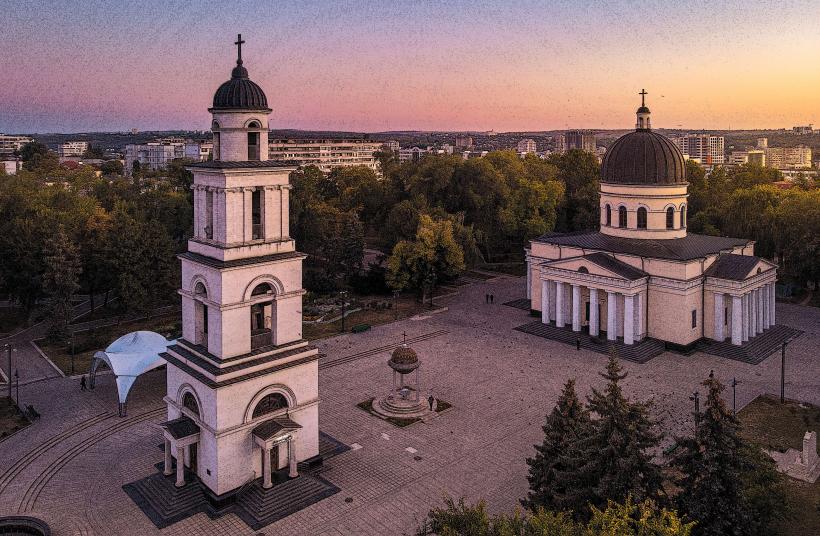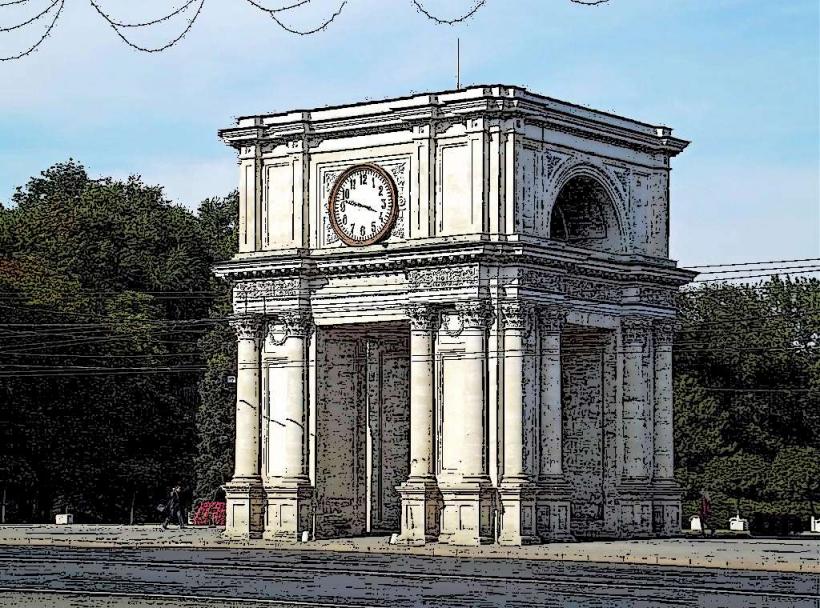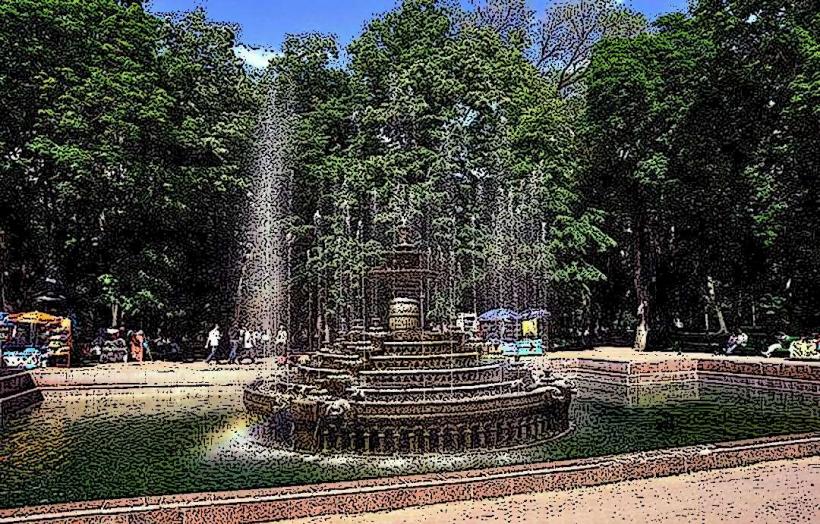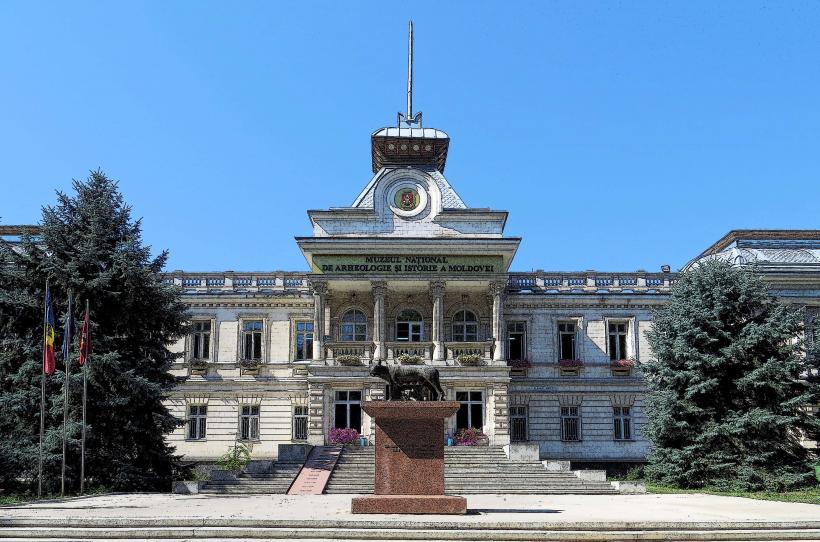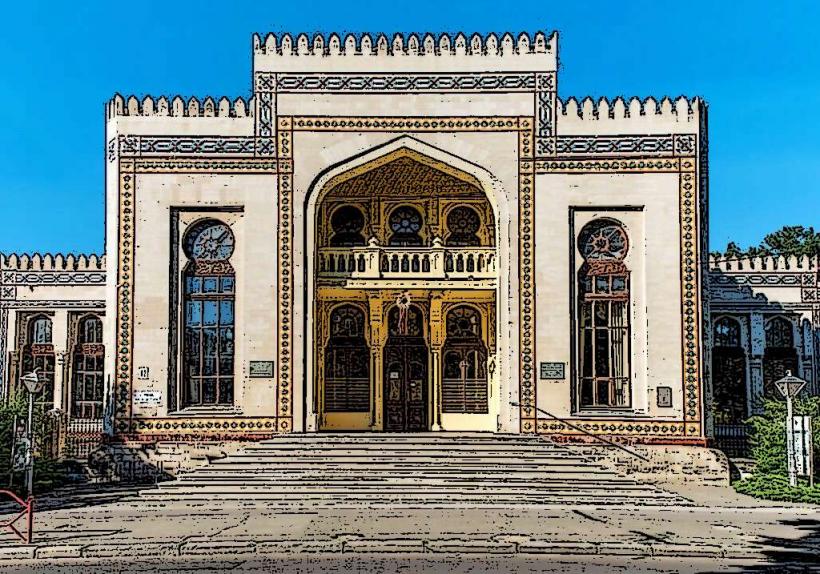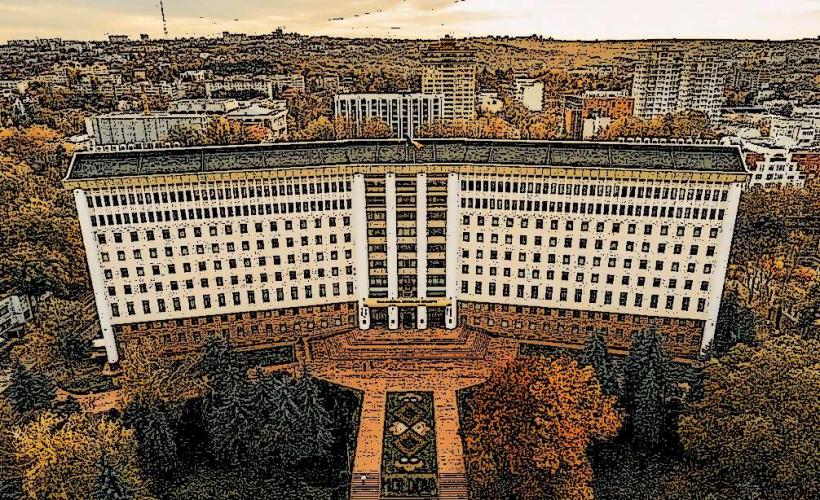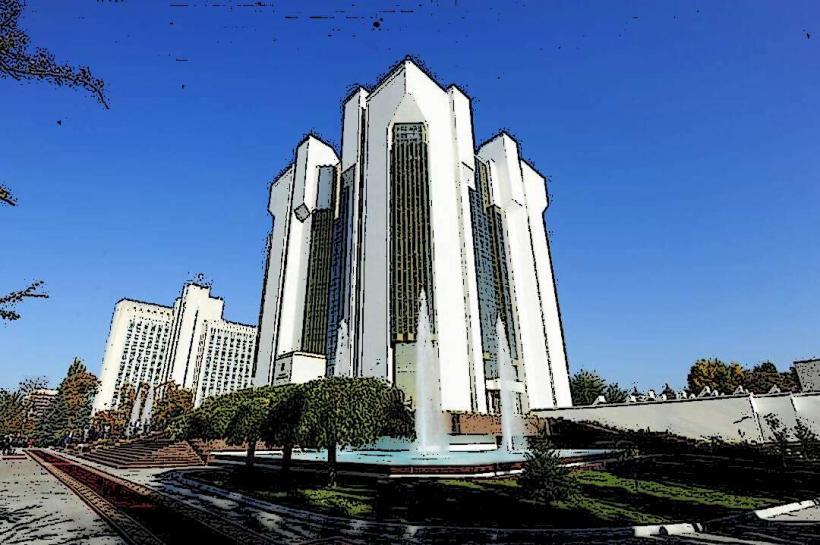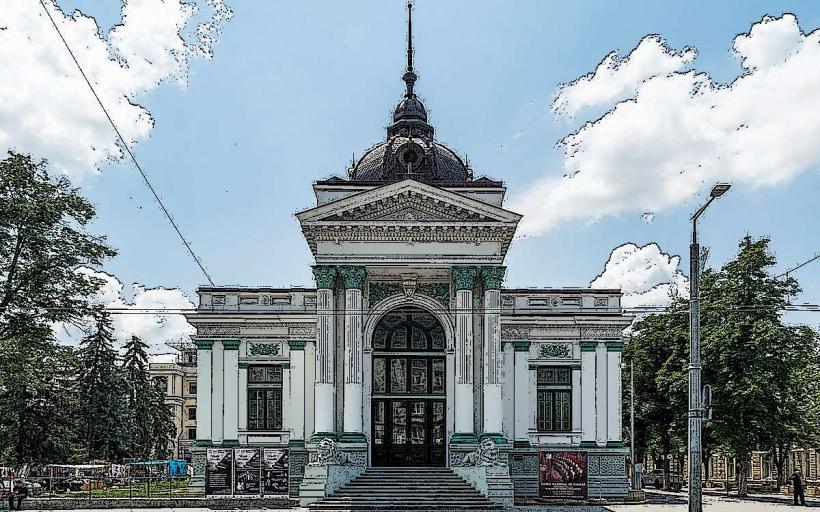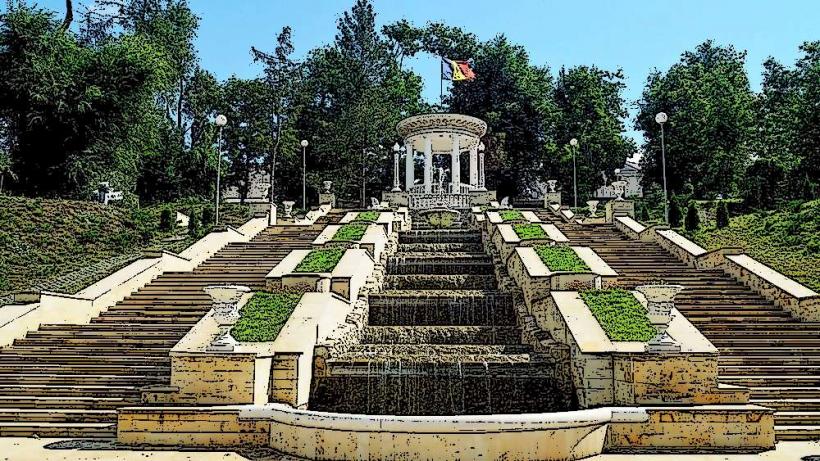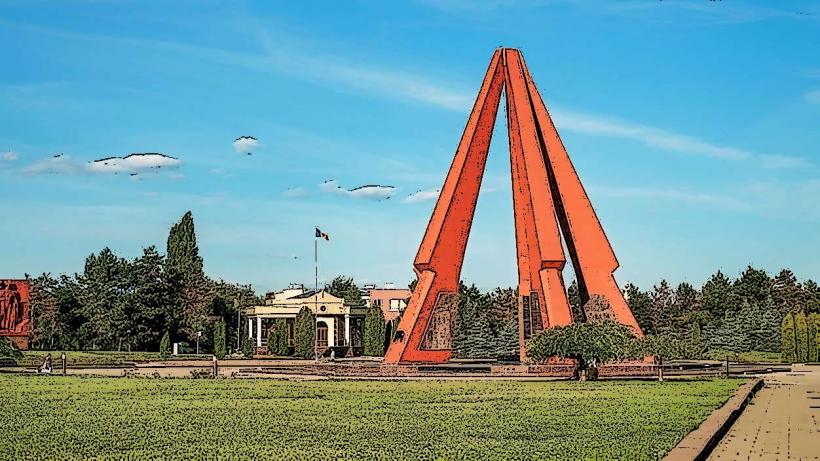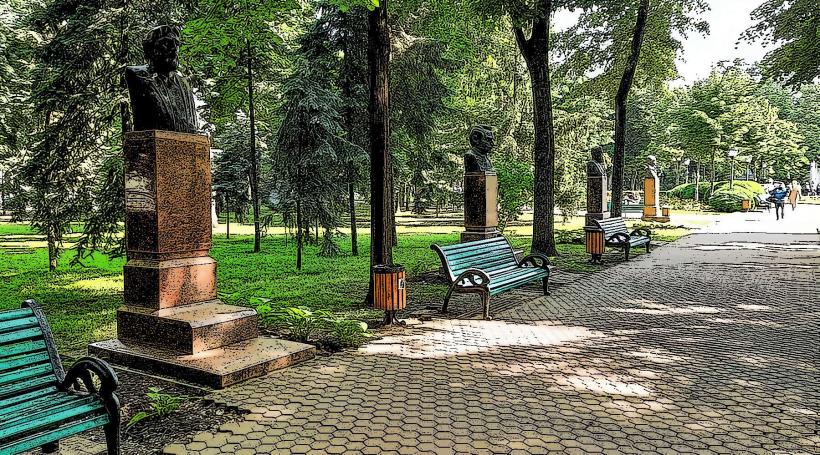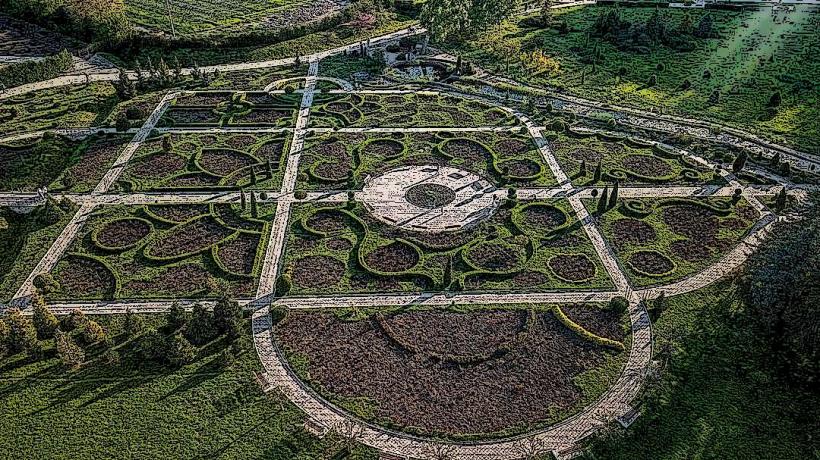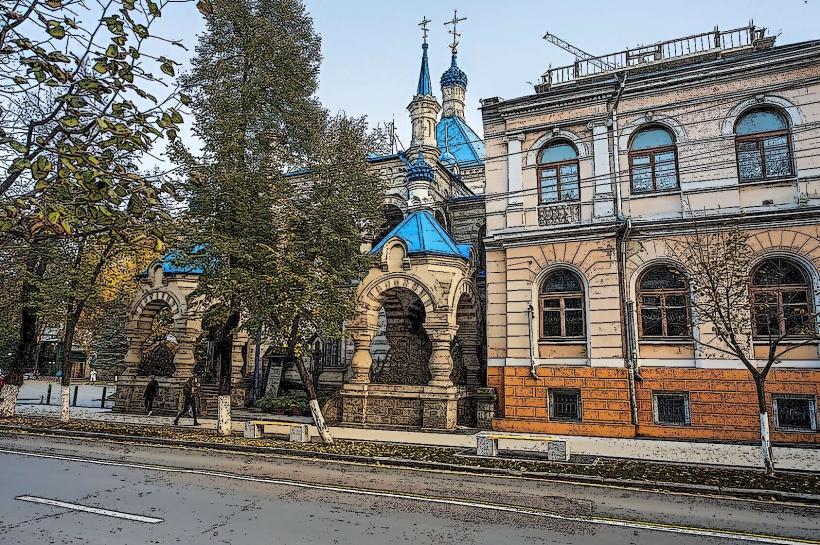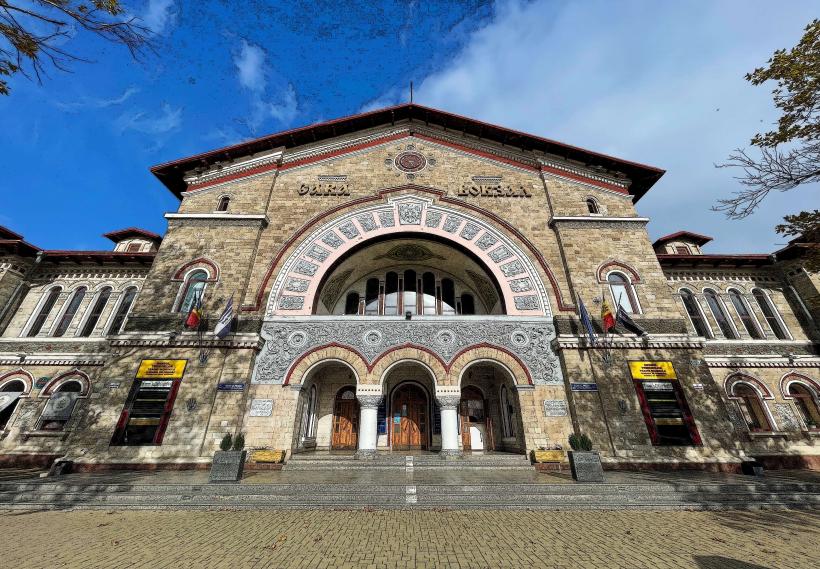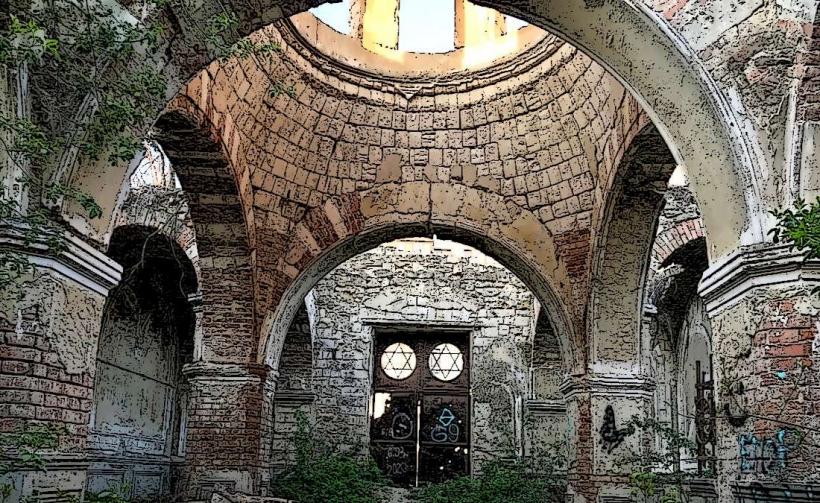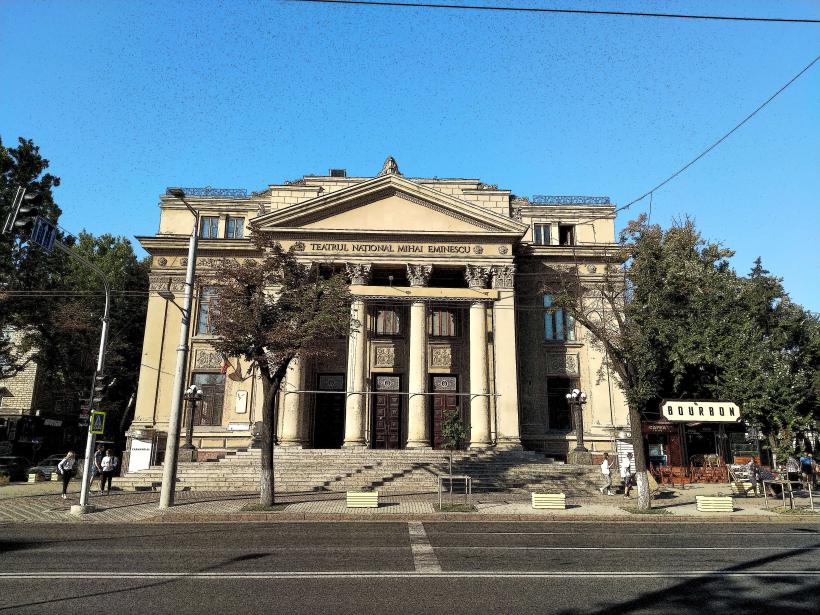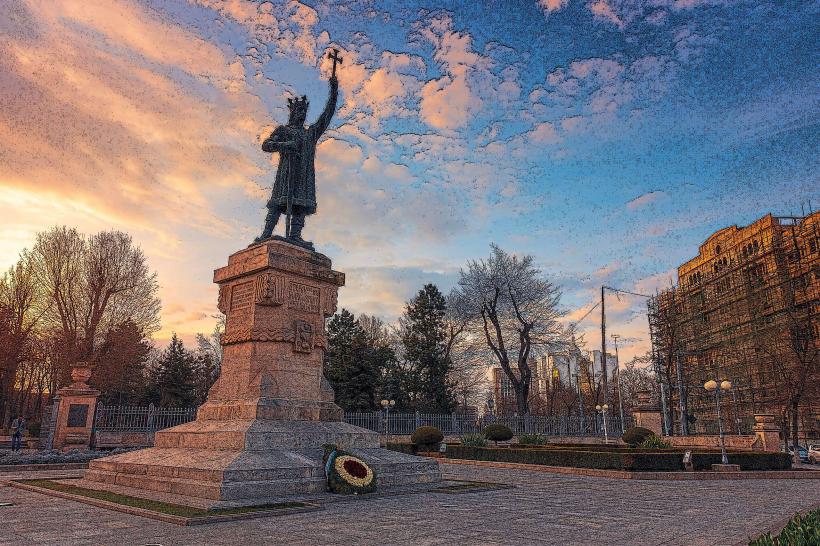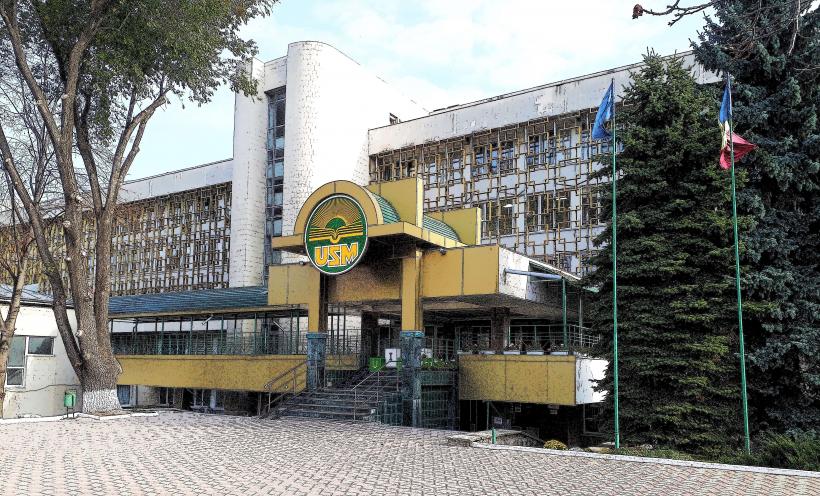Information
Landmark: Pushkin MuseumCity: Chisinau
Country: Moldova
Continent: Europe
Pushkin Museum, Chisinau, Moldova, Europe
The Pushkin Museum (Muzeul A. S. Pușkin) in Chișinău, Moldova, is dedicated to the life and work of the famous Russian poet Alexander Sergeyevich Pushkin, who is considered one of the greatest literary figures in Russian history. The museum is a significant cultural institution in Chișinău, reflecting Moldova's historical and cultural ties to Russia, especially in the context of the Russian Empire's influence over the region during the 19th century.
History and Establishment
- Foundation: The Pushkin Museum in Chișinău was established in 1957 in honor of Pushkin's connection to the city. The poet spent several years in Chișinău and its surroundings during his exile from Russia between 1820 and 1823. Pushkin was sent to Moldova by the Russian authorities due to his involvement in political activities and his association with the decembrists (a group of Russian officers who attempted to stage a revolution in 1825).
- Location: The museum is housed in a building that once served as the residence of the Russian poet during his exile. This connection makes the museum both a place of historical and literary significance. The building, located on Strada Alexei Mateevici, has been preserved and adapted to showcase Pushkin’s life and works.
The Role of Chișinău in Pushkin's Life
- Exile: Between 1820 and 1823, Pushkin lived in Chișinău and the surrounding region. His time in Moldova had a profound influence on his poetry, as he encountered new people, cultures, and experiences. It is during this period that he wrote some of his most famous works, including parts of his novel in verse, "Eugene Onegin", as well as numerous poems and letters.
- Inspiration: The Moldovan countryside, its landscapes, and its people provided inspiration for Pushkin’s creative output. His time in Chișinău is often considered a formative period in his development as a writer. Many of his works from this period reflect his observations of life in the southern provinces of the Russian Empire and his emotional responses to the exile.
Museum Exhibits and Collections
The Pushkin Museum in Chișinău focuses on Pushkin's life, his works, and his connection to Moldova. Some of the key exhibits and aspects of the museum include:
Personal Items and Artifacts:
- The museum houses a variety of personal items that belonged to Pushkin, such as letters, manuscripts, and poems written during his time in Chișinău. These artifacts provide insight into his daily life and literary pursuits while in exile.
- Visitors can view personal belongings, such as furniture, paintings, and decorative objects, from the time when Pushkin resided in the building.
Pushkin’s Literary Works:
- A major part of the museum's collection is dedicated to Pushkin’s literary works, including books, poems, and first editions of his most famous works. Some exhibits focus on his exile writings, such as his poetry written in Moldova, and his correspondence during this period.
- The museum also highlights Pushkin’s influence on Russian literature and his broader cultural impact, both in Russia and internationally.
Art and Illustrations:
- The museum includes a collection of illustrations and artworks inspired by Pushkin’s literary works. These range from historical portraits of the poet to visual representations of scenes from his most famous works, such as "Eugene Onegin" and "The Bronze Horseman."
- There are also sculptures of Pushkin and paintings depicting moments from his life, offering a visual insight into his legacy and the cultural context of the 19th century.
Cultural Context:
- Exhibits also focus on the historical context of Pushkin’s time in Chișinău, including the political and social conditions of the Russian Empire, the Decembrist movement, and the role of exile in the lives of many Russian intellectuals and poets during this period.
- There are also displays on Moldovan history and culture, highlighting the connection between Moldova and Russia during the 19th century and Pushkin's contributions to Russian-Moldovan cultural ties.
Temporary Exhibits:
- The Pushkin Museum regularly hosts temporary exhibits focusing on various aspects of Pushkin’s life, works, and legacy. These special exhibits may include rare manuscripts, new research on the poet’s influence, or contemporary artistic responses to his works.
Educational and Cultural Activities
- Educational Programs: The museum organizes lectures, workshops, and reading events aimed at promoting the appreciation of Pushkin’s work and fostering deeper understanding of Russian literature and culture. These programs are designed to engage both students and the general public in discussions about Pushkin’s impact on world literature.
- Publications: The museum publishes books, catalogs, and research papers related to Pushkin, his time in Moldova, and his cultural contributions. These publications provide valuable resources for scholars and enthusiasts of Russian and Moldovan literary studies.
Cultural and National Significance
- Symbol of Russian-Moldovan Cultural Ties: The museum is an important symbol of the long-standing cultural ties between Moldova and Russia, particularly in the realm of literature and intellectual history. Pushkin’s time in Chișinău and the influence of Moldovan culture on his works are key aspects of this shared heritage.
- Promotion of Pushkin’s Legacy: As one of the most important literary figures in the world, Pushkin’s work continues to inspire generations of readers. The museum serves as a cultural center that honors and promotes his literary legacy, both in Moldova and internationally.
- Tourism: The Pushkin Museum is a significant attraction for tourists, particularly those with an interest in Russian literature, history, and the life of one of the world’s most renowned poets. It offers visitors a chance to learn about the poet’s connection to Moldova and gain insight into his time in exile.
Conclusion
The Pushkin Museum in Chișinău offers a unique opportunity to explore the life and works of Alexander Pushkin in the context of his time in Moldova. Through its collections, exhibits, and educational programs, the museum not only preserves the memory of one of Russia's greatest literary figures but also highlights the cultural and historical significance of his connection to Moldova. For literature enthusiasts and those interested in the intersection of Russian and Moldovan history, the Pushkin Museum provides an enriching and insightful experience.

